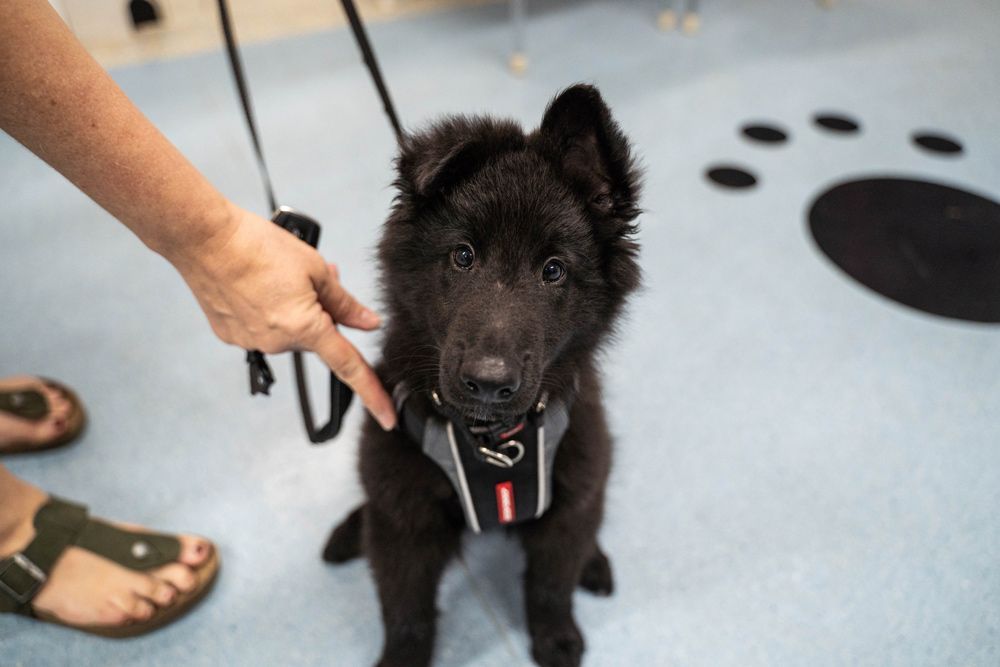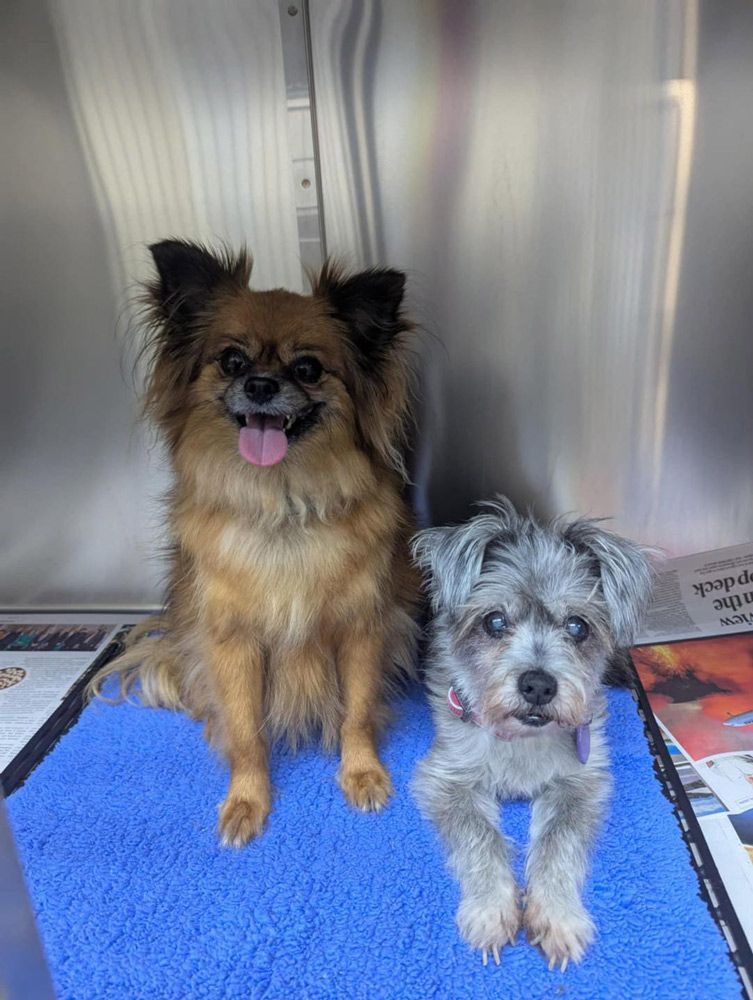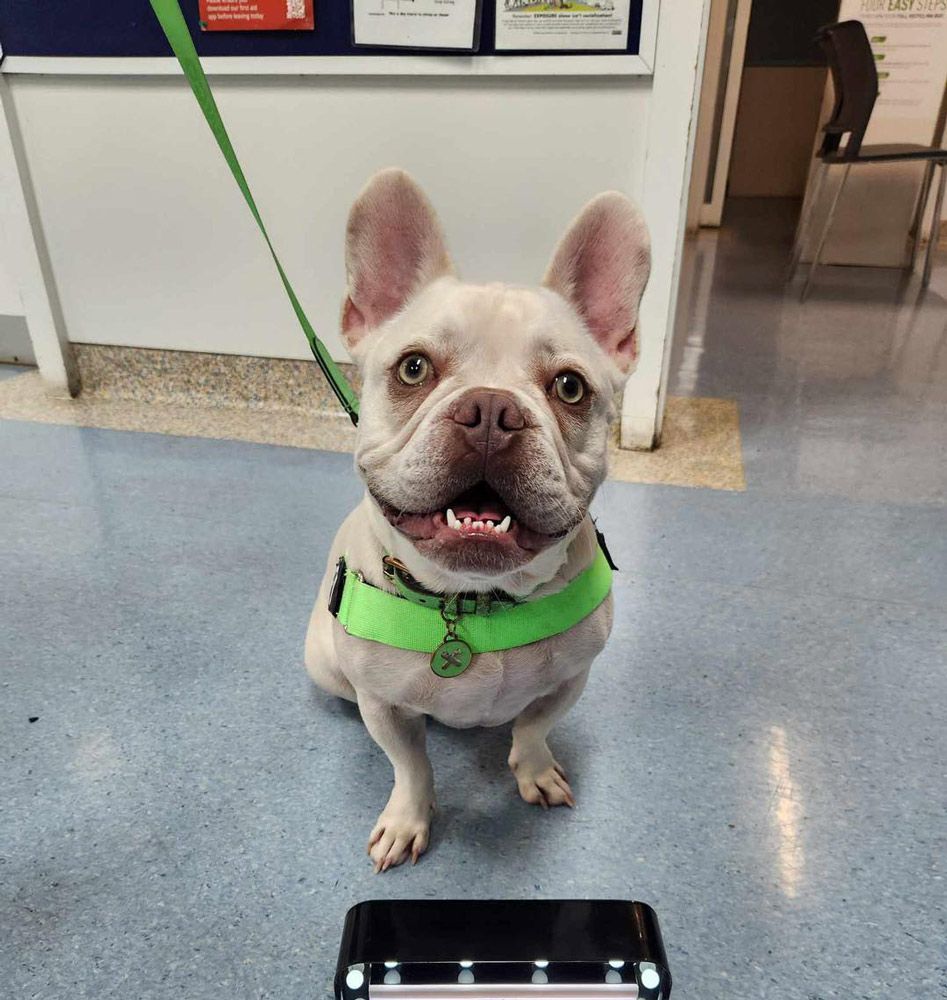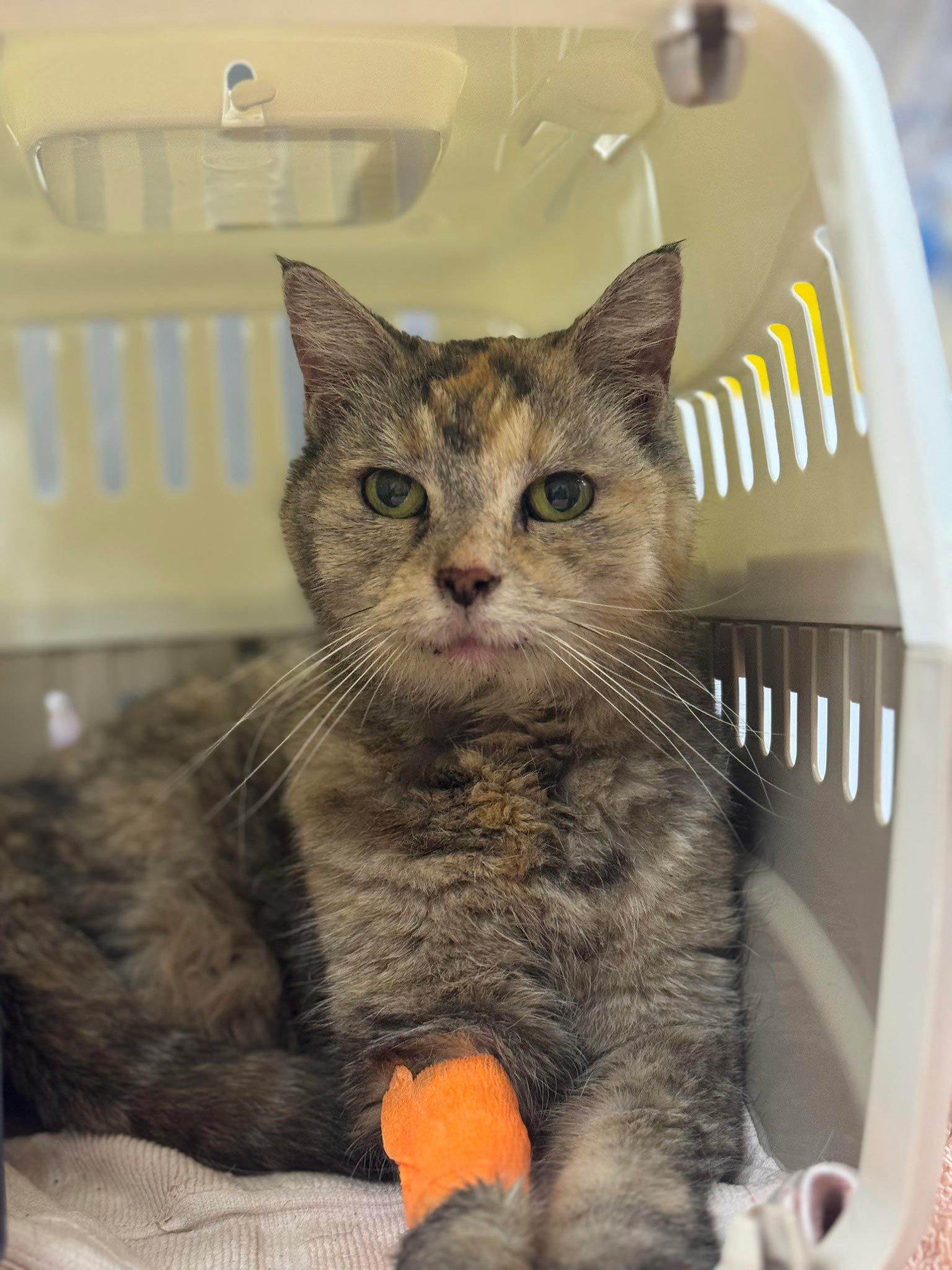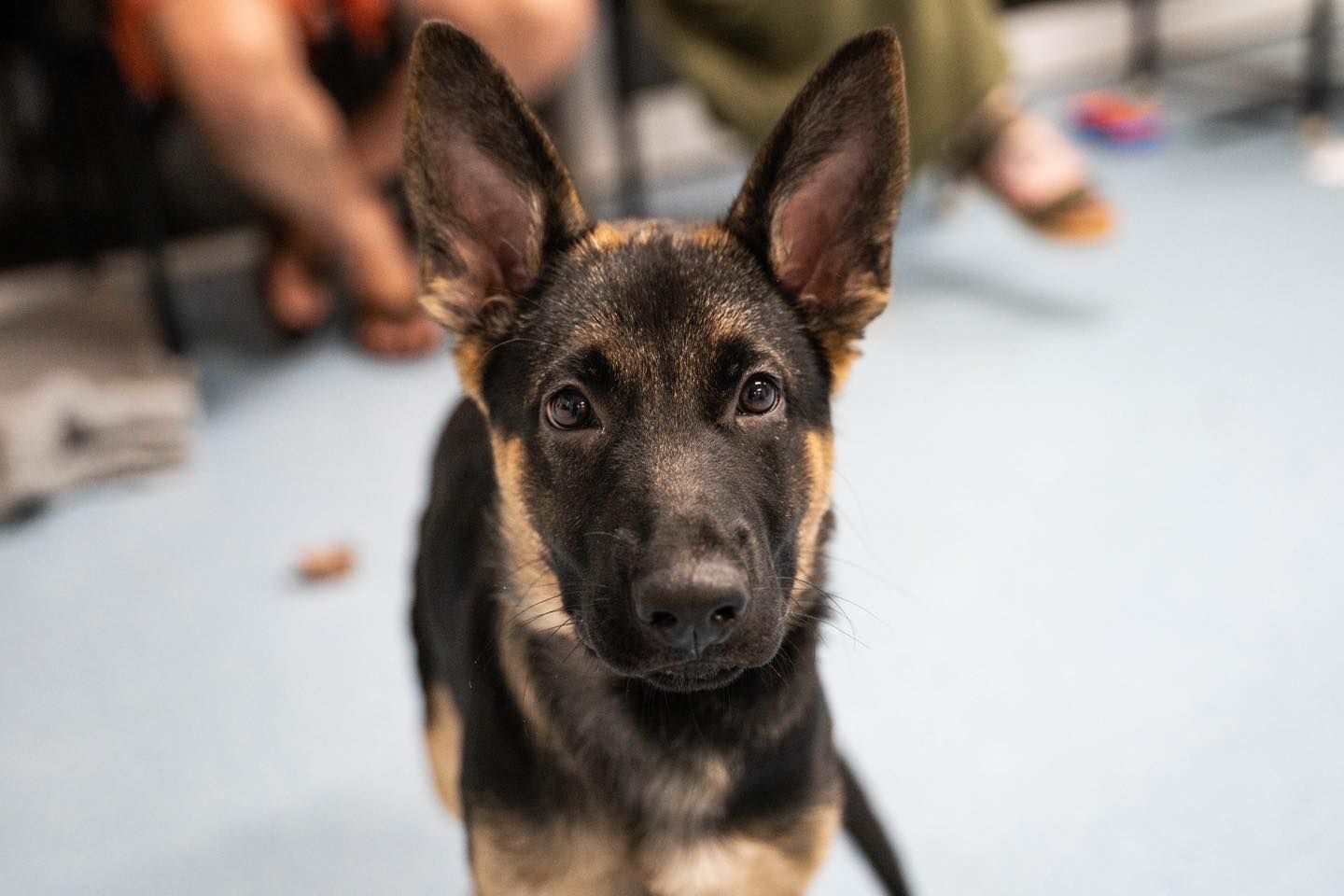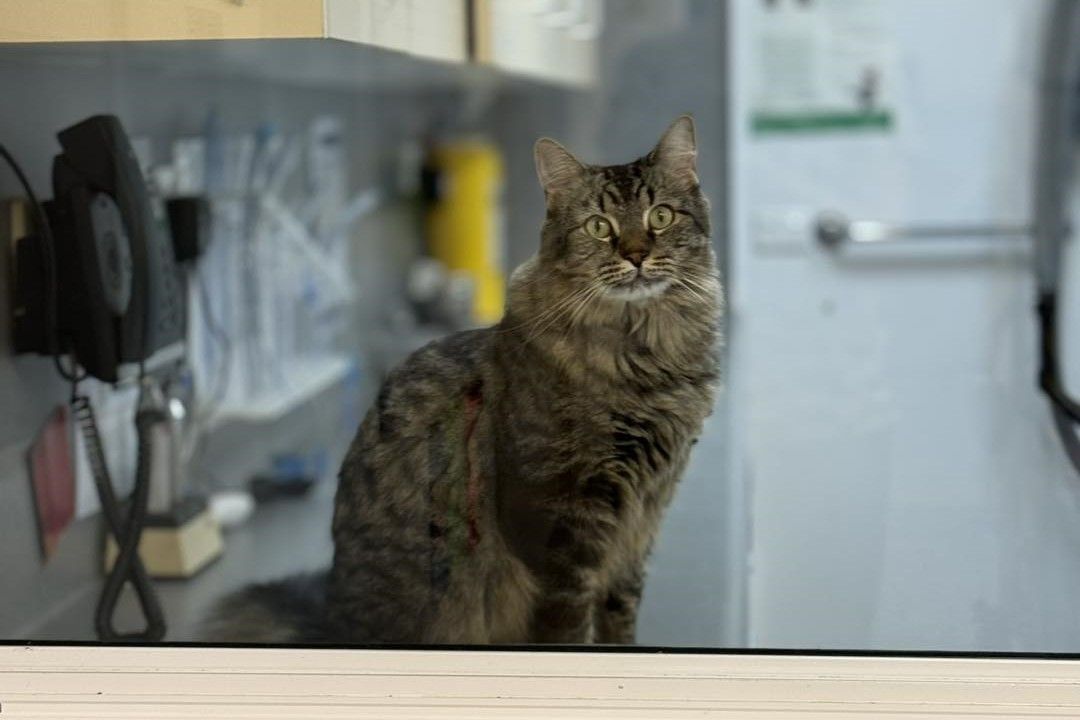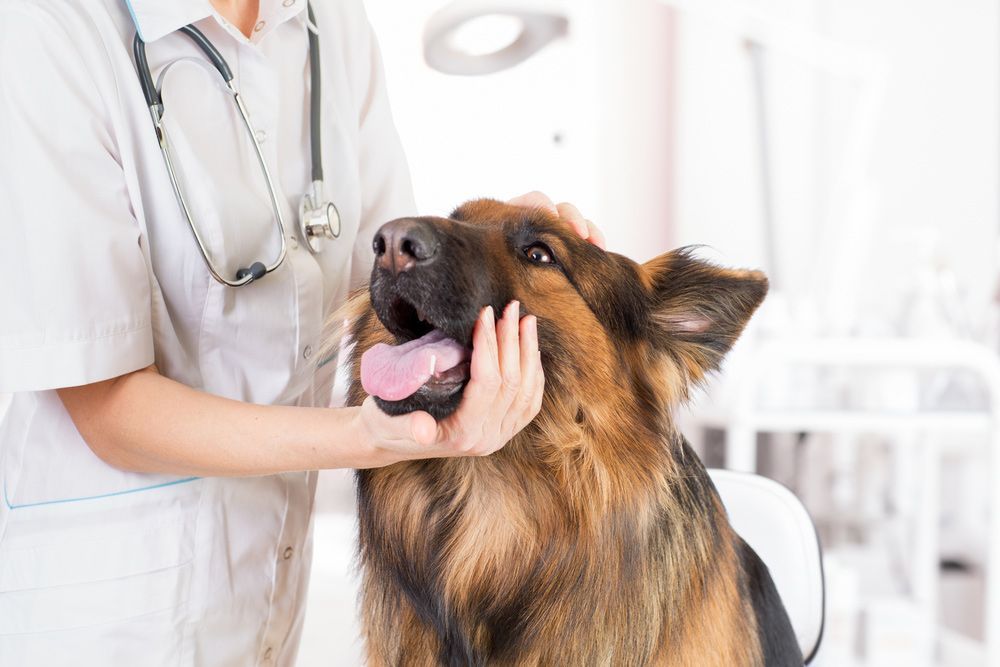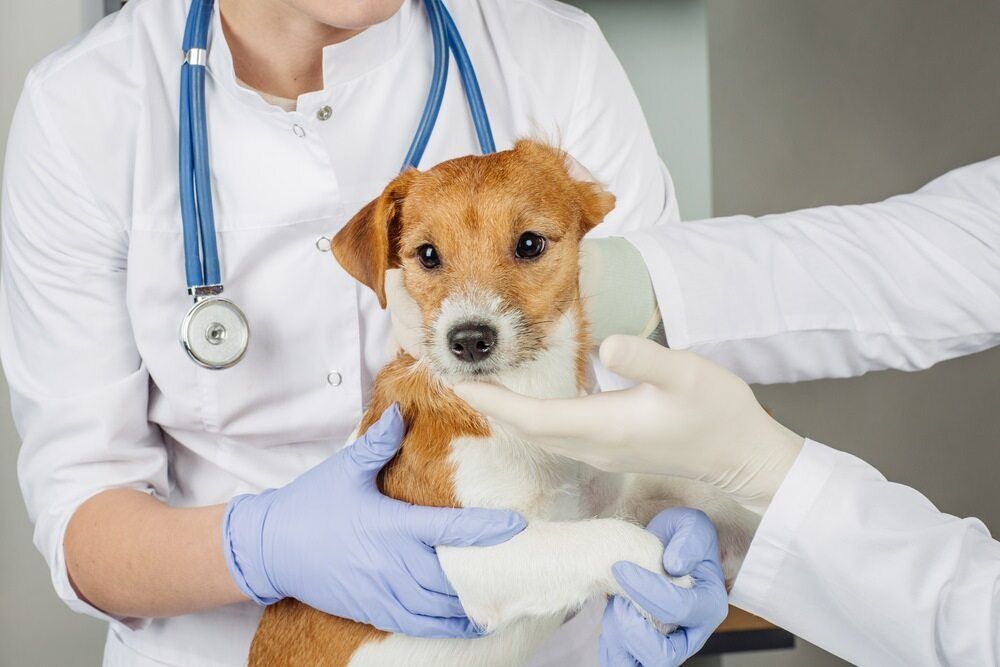Pet First Aid Tips Every Owner Should Know
As a pet owner, it's crucial to be prepared for any emergencies that might come your way. Being equipped with the right knowledge and tools can make a significant difference in ensuring your pet's safety. Here are some essential first aid tips and supplies that every pet owner should know about.
Pet First Aid Supplies
Every pet owner should have a first aid kit ready. This kit should include items such as:
- Bandages and gauze: For covering wounds and preventing infection.
- Antiseptic wipes or solution: To clean wounds and prevent infection.
- Tweezers: Useful for removing splinters or ticks.
- A digital thermometer: To check your pet's temperature in case of illness.
- A pet carrier: For safe and secure transport to the vet.
Remember, these are just the basics. Depending on your pet's specific needs, you might need to add more items to your kit, such as a blanket for warmth and comfort, a muzzle to prevent biting and a leash for control and safety.
What To Do In Common Emergency Situations
Choking
If your pet is choking, it's important to stay calm and act quickly. Try to open your pet's mouth and remove the object if you can see it. Be careful not to push it further down their throat. If you can't remove it, or your pet becomes unconscious, rush them to the vet immediately. Time is of the essence in these situations.
Poisoning
Poisoning is a serious issue. If you suspect your pet has ingested something toxic, contact your vet or a pet poison helpline immediately. Do not induce vomiting unless instructed to do so by a professional. Keep a list of emergency numbers handy for quick access.
Car Trauma
In the unfortunate event of a car accident, try to keep your pet calm and still to prevent further injury. Cover them with a blanket for shock and get them to the vet as soon as possible. Remember, internal injuries might not be immediately apparent, so it's crucial to seek professional help.
Seizures
Witnessing your pet having a seizure can be frightening. However, do not attempt to restrain a pet during a seizure. Instead, remove any objects that could cause injury and time the seizure. Once the seizure ends, keep your pet warm and quiet and contact your vet.
Overheating
Overheating can be life-threatening for pets. If your pet is overheating, move them to a cool place and offer small amounts of water. You can also use cool (not cold) water to lower their body temperature. Seek veterinary attention immediately to prevent heatstroke.
Western Suburbs Veterinary Clinic: Your Local, Family-style Vet Clinic
When it comes to the health and safety of your pet, being prepared can make all the difference. While these tips are important, they are not a substitute for professional veterinary advice. In any emergency, your first call should be to your vet. If you have any concerns about your pet’s health, don't hesitate to contact the team at Western Suburbs Veterinary Clinic. We're always here to help.

